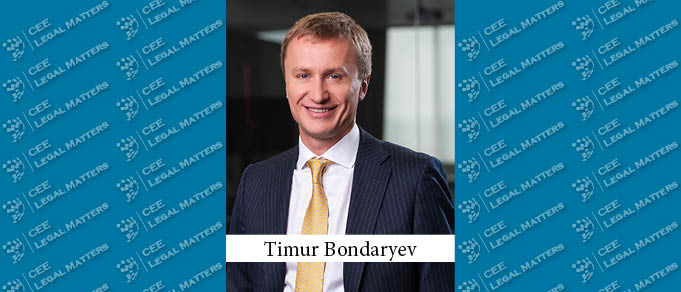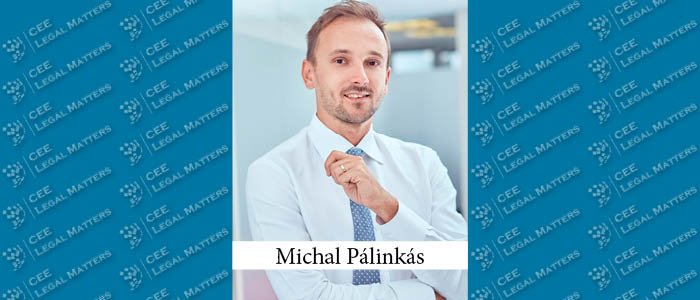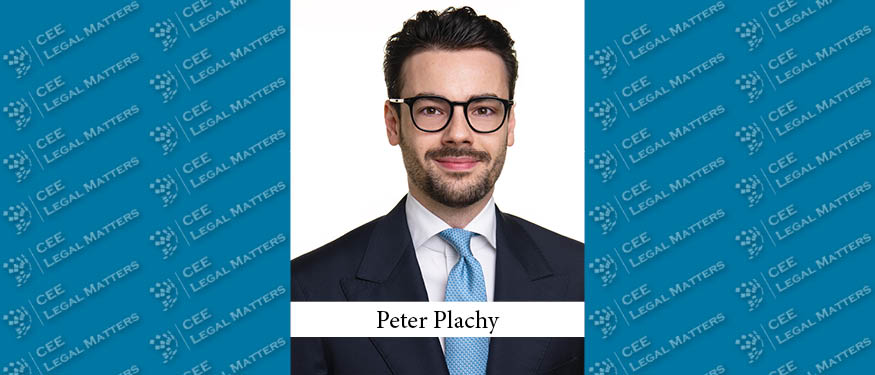As we promised a few weeks ago when we discussed all the interesting aspects of commercial offences as an integral part of Serbian penal law, we shall now take a closer look at the first-instance proceeding and some of the most important segments of domestic and foreign legal entities, as well as their responsible persons, should keep in mind in case they are subjected to a commercial offence proceeding.
Arzinger Successful for Oleksandr Dorohan in Criminal Proceedings
Arzinger has successfully secured the release from custody of Oleksandr Dorohan – Director of the Together We Power! charitable organization – in criminal proceedings related to his activity.
Cartel Law – Records and Data of Your Telecommunication Traffic Now as Evidence
The content of communications recorded by criminal law enforcement authorities (LEAs) and traffic and location data; Not only voice communications, but also electronic messages made not only from a mobile phone, but also from landlines and other devices; Records of surveillance of persons and property by the LEAs. This and other information have so far reached the Czech national competition authority (Czech NCA) without being able to use it legally as evidence in the proceedings.
Commercial Offences – Proceeding, Sanctions and Statute of Limitations
Chapter 1 - A commercial offence – a brief review of an unjustifiably neglected step between a misdemeanour and a criminal offence.
Busy and Increasing Headcounts in Ukraine: A Buzz Interview with Timur Bondaryev of Arzinger
Despite the challenges, Ukraine’s internal economy remains strong – and there are significant opportunities for those who can navigate the complexities of the current situation – with lawyers busy with litigation and arbitration, sanctions and antitrust, as well as restructuring and privatization matters, according to Arzinger Founding and Managing Partner Timur Bondaryev.
Cobalt Successful on Provisional Custody Before Supreme Court in Extradition Case
Cobalt has successfully represented Estonian citizen Ivan Turogin before the Supreme Court on the admissibility of electronic surveillance as an alternative to arrest for defendants during extradition proceedings.
Protection of Whistleblowers Is Here!
After a long period of preparations the Whistleblower Protection Act has been finally passed.





















